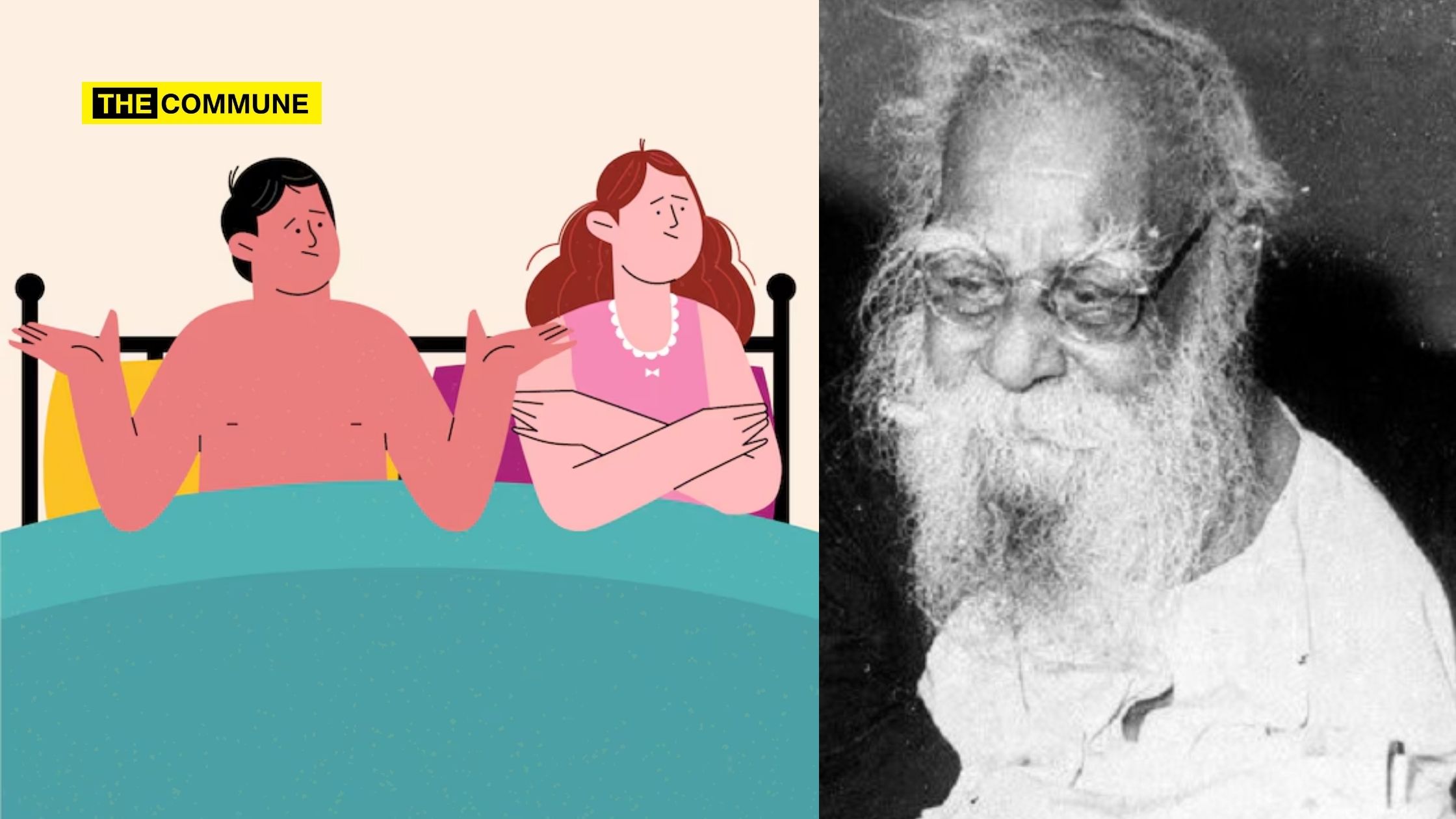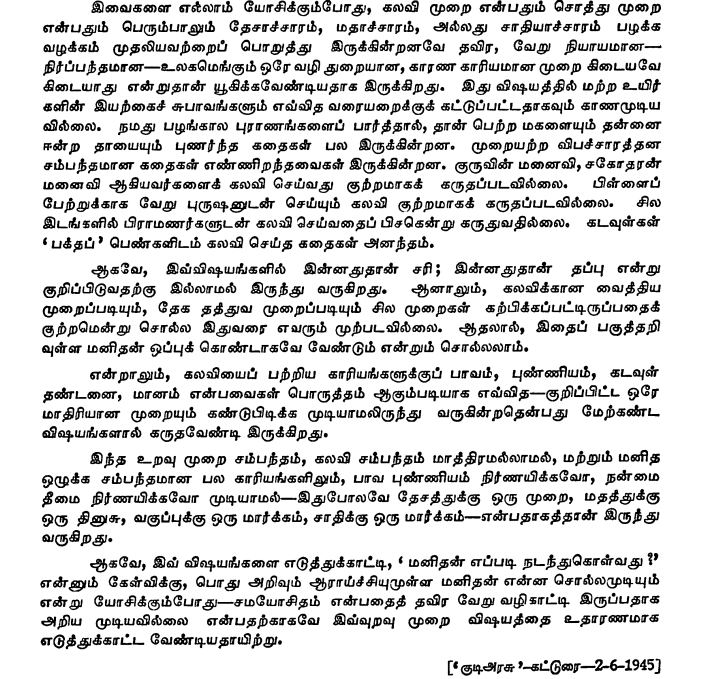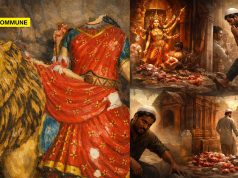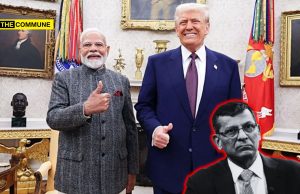
The long-standing portrayal of EV Ramasamy Naicker (or EVR, also undeservingly hailed as ‘Periyar’ by his followers) as a champion of women’s rights is under scrutiny, with Naam Tamilar Katchi (NTK) leader Seeman accusing the Dravidianist ideologue of endorsing incestuous relationships. While Dravidianists have refuted a viral quote attributed to EVR, excerpts from his writings suggest a relativistic view of sexual norms, raising fresh debates about his legacy.
For long, EVR has been portrayed as a liberator of women and a champion of women empowerment by the leftist and Dravidianist ecosystem. However, this carefully constructed image of him is being shattered to smithereens, thanks to social media and anti-Dravidianist political entities like NTK and the BJP.
NTK head Seeman has grabbed Tamil Nadu’s attention by controversially commenting that EVR had endorsed incestuous relationships.
Seeman allegedly questioned the concept of EVR’s women’s rights, asking, “Is this about women’s rights? Is it right to say that if you have desires, you can have a physical relationship with your mother, daughter, or sister and be happy? I want you to answer that.”
This seems to be based on a viral image claiming to be a quote of EVR made in Viduthalai magazine on 11 May 1953, which says, “If you cannot control your lust, get satisfied with your sister or mother, even if they are women. Your satisfaction is important.”
However, the Dravidianists have “fact-checked” that EVR never said such a thing by showing the edition of Viduthalai on the said date as evidence.
But the Dravidianists are not giving the whole picture.
While EVR may not have said the controversial quote verbatim, there is evidence suggesting that he implied sexual relationships are subjective constructs shaped by cultural, geographical, and temporal contexts.
Here’s Proof
In The Thoughts of Periyar EVR Volume I by Anaimuthu 1974, under the section titled “Relationship” (Pages 194-196), EVR elaborates in an editorial on the Viduthalai magazine dated 2 June 1945, where he stated that “The system of sex and the system of property are mostly dependent on the customs of the country, religion, or caste, customs, etc., and it is to be assumed that there is no other reasonable or mandatory singular way, causal system in the whole world. In this regard, the natural characteristics of other living beings are not seen to be subject to any limitation. If we look at our ancient scripture, there are many stories of a man having sex with his own daughter and his own mother. There are countless stories of immoral adultery. Having sex with a guru’s wife or brother’s wife is not considered a crime. Having sex with another man for the sake of procreation is not considered a crime.
In some places, having sex with Brahmins is not considered a sin. There are countless stories of gods having sex with devotees. Therefore, it is impossible to say which of these things is right and which is wrong. Yet, according to the medical method and the sexual philosophy no one has ever tried to say that the methods of sexual intercourse that have been taught is a crime. Therefore; it can be said that a rational man must admit this. However, it is to be considered from the above that no specific uniform method can be found so that sin and virtue; divine punishment and honor are applicable to matters related to sex. This system of relationships, not only in sexual relations, but also in many matters related to human morality, it is unable to determine virtue and sin, to determine good and evil, and in the same way, it has been the case that there is one way for a nation, one way for a religion, one way for a class, and one way for a caste. Therefore, when considering these matters and wondering what a man with common sense and research could say to the question of how a man should behave, he could not find any other guide than prudence, and so it was necessary to cite this relationship as an example.”

The operative word in the above quote of EVR is prudence.
Prudence implies making decisions based on circumstances, considering consent, mutual understanding, and societal impact. He may argue that what is considered moral or immoral in one context or culture might not apply universally.
EVR lists instances from ancient scriptures where incestuous relationships occurred without expressing moral condemnation. He presents these examples as part of a broader argument that sexual norms are culturally constructed, which could lead some to believe he views incest as acceptable in specific contexts.
By stating that no singular method or moral system governs sexual relationships and that customs vary across cultures and periods, he appears to dismiss the idea of universal moral taboos, including incest. This relativism could be interpreted as tacit acceptance.
EVR’s emphasis on ‘prudence’ and rationality, rather than moral or religious standards, could be seen as sidelining the ethical concerns about incest.
While the quote does not explicitly advocate for incest per se, EVR’s refusal to morally condemn it, combined with his relativistic framing of sexual norms, leaves room for interpretation.
Subscribe to our Telegram, WhatsApp, and Instagram channels and get the best stories of the day delivered to you personally.




